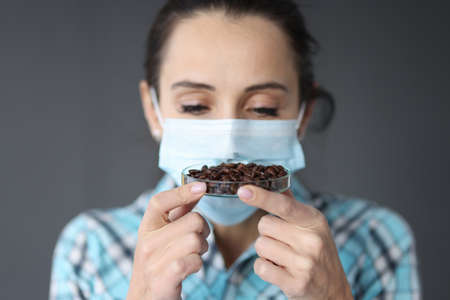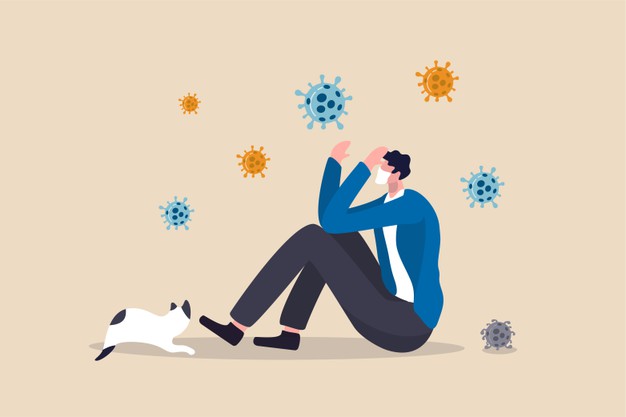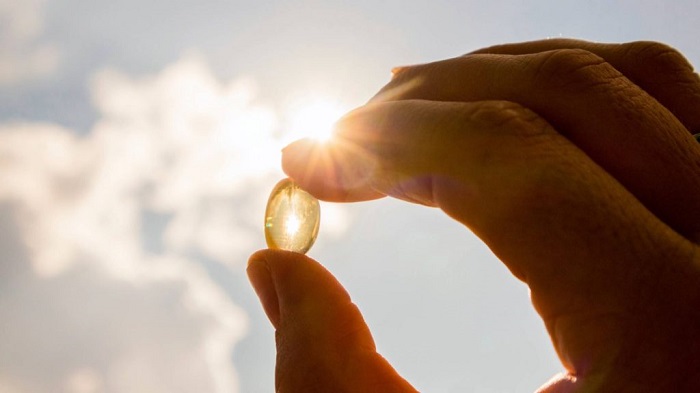
The Corona Virus Pandemic And Pregnant Women
June 16, 2020
MAKING SENSE OF CORONA VIRUS TESTING
July 2, 2020As the world is facing COVID-19 pandemic (COVID-19 =Corona virus disease) caused by ‘The Novel Corona Virus’ (Novel=new), one of the major challenges for clinicians and researchers is to provide the patients with effective treatment regimens against this viral ailment and its consequences, which could save human lives.
Many options are being explored to treat COVID-19. One of them is convalescent plasma therapy. This involves using blood plasma from COVID-19 recovered individuals and infusing it into patients who currently have disease.
Plasma is the liquid portion of the blood that remains when all red and white blood cells and platelets have been removed. The key components of the plasma for treating infections are antibodies.

Antibodies, also known as immunoglobulins are the proteins naturally produced by the immune system in response to foreign invaders, like bacteria, viruses, fungi and toxins etc. which can potentially harm our bodies. And they are present in liquid part of blood i.e. plasma as mentioned earlier.
Antibodies are ‘Y’ shaped protein molecules involved in the defense mechanisms of our body. They circulate in the blood stream and appear any way throughout the body.
Their function is to recognize the foreign invaders [bacteria, viruses, fungi, parasites etc.], and harmful molecules [toxins, allergens etc.].
As they recognize the invaders the antibodies attach themselves to protein receptors expressed at the surface of these organisms and toxins, like a key fits into a lock. As they do so, they do not allow these disease causing organisms or harmful chemicals to enter or invade our cells and damage them. This is called ‘neutralization’.
By attaching to these foreign proteins they also make them susceptible to be engulfed and destroyed by specialized white blood cells, the macrophages and the neutrophils.
They also trigger further chemical reactions in the body to remove these foreign proteins.
Antibody therapies were first tried in the late nineteenth century when researchers used a serum derived from the blood of infected animals to treat ‘diptheria’( a bacterial disease).
Researchers at the University of Maryland School of Medicine [UMSOM] evaluated several human antibodies which could be used as promising antiviral therapy.
To produce so called ‘monoclonal antibodies’, [ one colony or specific type of antibodies which could be effective against one specific organism or toxin ] to fight COVID-19, the researchers first needed to identify which antibodies fight novel corona virus most effectively.
This involved determining which antibodies could bind most effectively to the spike proteins found on the surface of corona virus.
The researchers at UMSOM evaluated thousands of antibodies from the plasma donations from individuals recovered from COVID-19. They also generated antibodies from mice genetically engineered to produce human antibodies when infected with the virus.[ A genetically engineered mouse model(GEMM) is a mouse that has had its genes altered
through the use of genetic engineering techniques. Genetically modified mice are commonly used for research, or as animal model of human diseases and are also used for research on genes].
The scientists at UMSOM evaluated four types of antibodies that had potential to neutralize the corona virus.
Then out of four they further identified two most potent types of antibodies that were able to bind with different molecules in the spike proteins of the virus.
The cocktail containing the two types of antibodies is supposed to be tested in a new clinical trial that will investigate whether the therapy can improve the outcome in COVID-19 patients, both who are hospitalized and those who are not hospitalized.
It will also be tested as preventive therapy in those who are healthy but are at higher risk of getting infected as they work in healthcare setting, or have been exposed to an infected person.
Researchers also suggest that this particular research not only contributes to a potential new therapy against covid-19 but could have broader implications in terms of the development of monoclonal antibody therapies for other diseases as well.
REFERENCE:
Researchers identify potent antibody cocktail to treat COVID-19
http://www.sciencedaily.com/releases/2020/06/20061635739.htm






